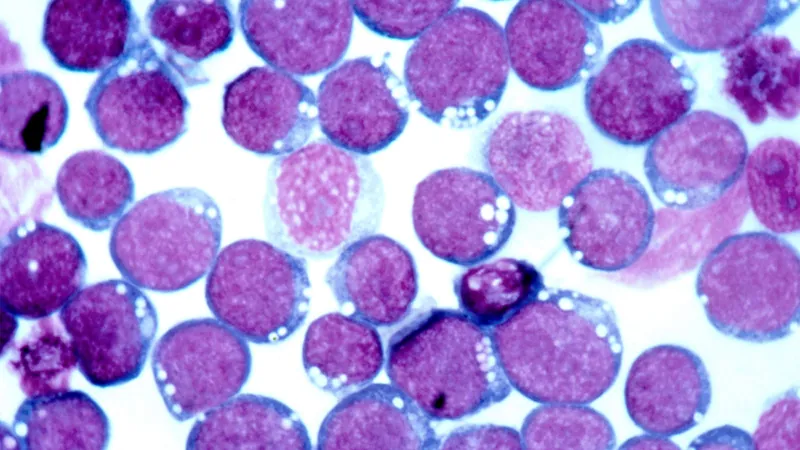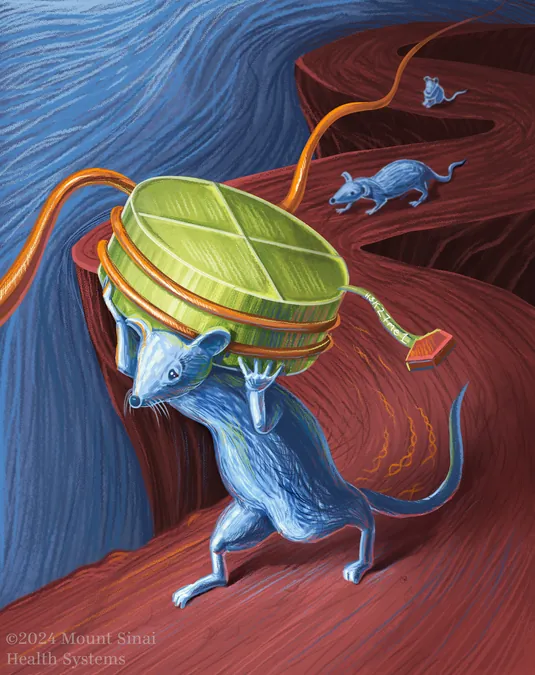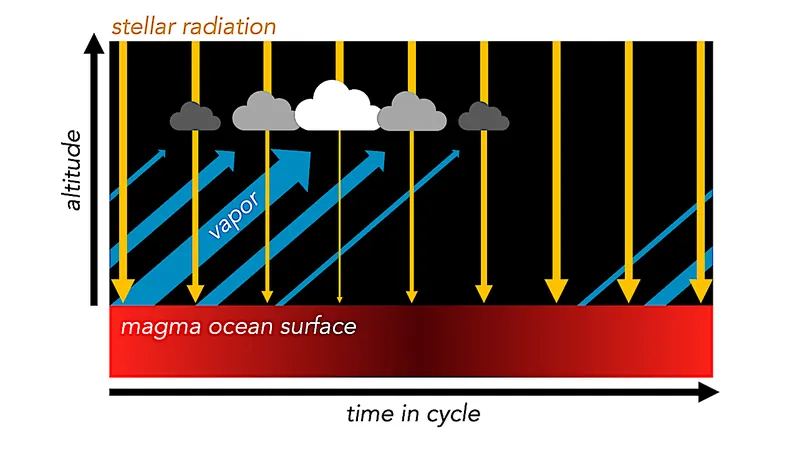
Groundbreaking Study Reveals Shocking Link Between EBV Screening and Dramatic Drop in Nasopharyngeal Cancer Fatalities!
2024-10-04
Author: Sarah
Study Overview
In a groundbreaking study conducted in China, researchers have revealed that individuals who undergo screening for Epstein-Barr virus (EBV) infection experience a staggering 30% reduction in the risk of dying from nasopharyngeal cancer (NPC) over a 12-year period, compared to those who do not get screened. Dr. Su-Mei Cao and her team from the Sun Yat-sen University Cancer Center in Guangzhou published their findings in the prestigious Journal of Clinical Oncology.
Enhanced Benefits for Older Adults
For individuals aged 50 and older, the benefits are even more pronounced, showing a 54% reduction in mortality among those who adhered to screening guidelines. The study emphasizes the critical role of EBV, a virus known to be a necessary cause of undifferentiated carcinoma, which is responsible for approximately 95% of NPC cases in endemic areas.
Considerations and Concerns
The authors cautioned that while screening can detect NPC early, there is a risk of overdiagnosis of less aggressive forms of the disease. However, since the overall incidence of NPC remained similar among participants, they believe this concern is unwarranted.
Wider Implications and Participation
The study’s implications are vast. According to editorialists Philip E. Castle and Paul K.J. Han from the National Cancer Institute, there’s potential for even higher mortality reductions if more individuals participated in the screening process. They pointed out that only 30% of those invited actually took part in the screening, with fewer than 70% of high-risk individuals following through with necessary diagnostic evaluations.
Advocating for Innovative Solutions
To tap into the full potential of EBV screening, experts are advocating for innovative solutions like home-based self-collection kits and repurposed technologies originally designed for COVID-19 testing. They suggest that adapting less invasive techniques could help broaden the criteria for high-risk categorization, which may lead to enhanced screening sensitivity and reduced cancer-related deaths.
Study Sample and Findings
The study involved nearly 361,206 residents across 16 towns from Sihui and Zhongshan, with the recruitment of adults aged 30-69 who had no previous history of NPC. Although the screening program was well-structured, significant challenges remain in educating the public and healthcare professionals on the value of early screenings.
Mortality Rates in Context
Notably, the NPC-related mortality rate was lower among the screened group—8.2 deaths per 1,000 person-years versus 12.5 per 1,000 in the unscreened group. This reveals a remarkable opportunity for reducing deaths caused by this aggressive type of cancer.
Recommendations
Experts recommend that screening efforts should focus on individuals aged 50-69, as the greatest mortality reduction was observed in this demographic. However, the crucial question remains: What is the optimal starting age for NPC screening?
Call to Action
As we move forward, the research community is called to action to implement widely effective screening programs that not only save lives but also empower individuals to take charge of their own health. Could this be the key to drastically reducing NPC fatalities in the future?




 Brasil (PT)
Brasil (PT)
 Canada (EN)
Canada (EN)
 Chile (ES)
Chile (ES)
 España (ES)
España (ES)
 France (FR)
France (FR)
 Hong Kong (EN)
Hong Kong (EN)
 Italia (IT)
Italia (IT)
 日本 (JA)
日本 (JA)
 Magyarország (HU)
Magyarország (HU)
 Norge (NO)
Norge (NO)
 Polska (PL)
Polska (PL)
 Schweiz (DE)
Schweiz (DE)
 Singapore (EN)
Singapore (EN)
 Sverige (SV)
Sverige (SV)
 Suomi (FI)
Suomi (FI)
 Türkiye (TR)
Türkiye (TR)